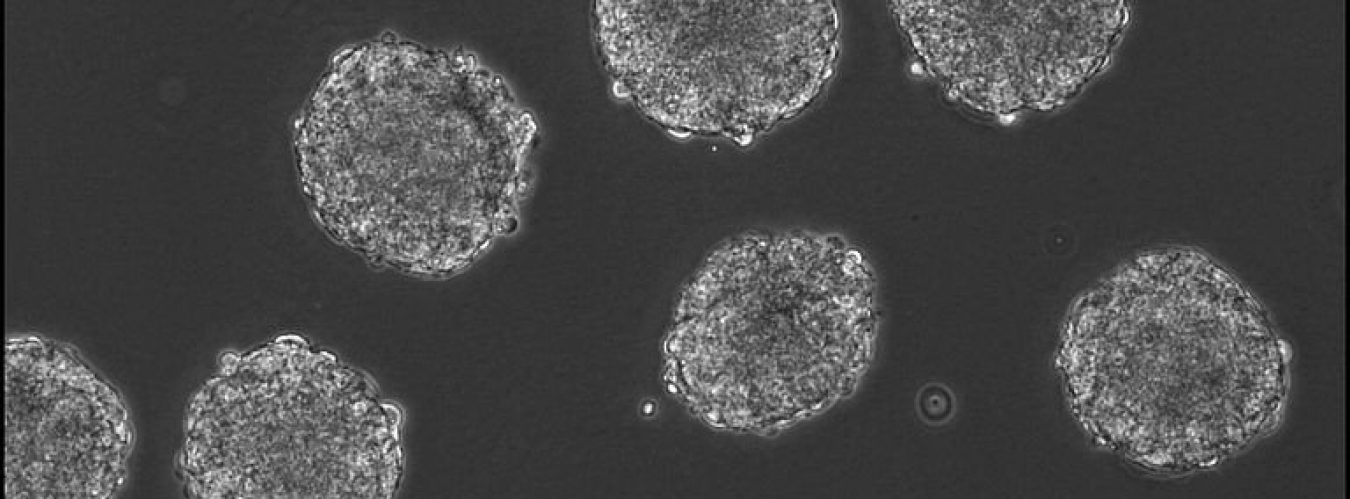Researchers at the Baylor College of Medicine have recently shown that an altered gut microbiome can worsen existing lesions from endometriosis. For those who are unfamiliar with endometriosis, it’s basically an overgrowth of the tissue that lines the uterus. It’s what gets shed every months during a woman’s period. However, with endometriosis, this tissue can grow in places where it isn’t supposed to such as the ovaries, fallopian tubes, and in rare cases even the intestines and stomach. This can cause symptoms such as abnormally heavy periods, intense menstrual cramps (way worse than usual), fatigue, pain during sex/urination/bowel movements, and other highly unpleasant issues.
Now, back to the microbiome issue. The researchers ran the test using mice with endometriosis that either did not have a microbiome (they killed it off with antibiotics), mice that had endometriosis and an intact microbiome, and mice with endometriosis without a microbiome that recieved gut bacteria from the endometriosis mice. Then, they observed what happened to the lesions in each group. Mice that got the gut bacteria transfer ended up with bigger lesions than the ones without gut bacteria at all. So, the researchers ran some more analyses and found a particular metabolite (chemical products from the bacterias’ internal processes) called “quinic acid” that promotes endometriosis lesion growth in vivo.
With this new information, we can see how profoundly the gut microbiome and its resulting metabolites affect overall health and possibly figure out ways to alter it to promote better patient outcomes. For those interested in more details, here is the original study:
https://www.nature.com/articles/s41420-023-01309-0

Interesting information. Thanks!